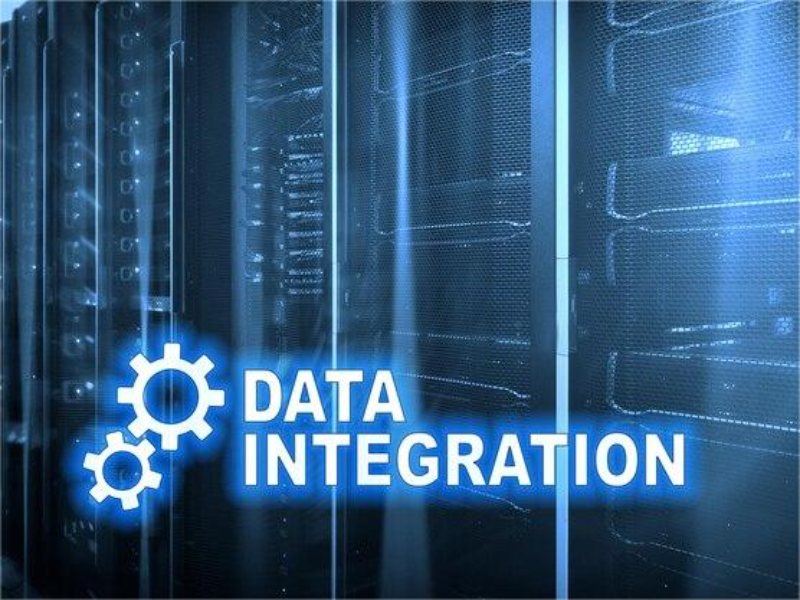- Data integration enhances data consistency and accuracy across systems.
- Effective data integration supports informed decision-making and operational efficiency.
In an increasingly data-driven world, integrating data from various sources offers numerous benefits that can significantly impact organisational performance. By combining data into a cohesive system, businesses can unlock valuable insights and streamline operations. Here’s a closer look at the key benefits of data integration:
Improved data consistency and accuracy
One of the primary advantages of data integration is the enhancement of data consistency and accuracy. By consolidating data from different sources into a unified system, organisations can ensure that all stakeholders have access to the same, up-to-date information.
- Unified view: Data integration creates a single source of truth, reducing discrepancies between different data sets.
- Error reduction: Consistent data across systems minimises the risk of errors and inconsistencies, leading to more reliable information.
This improved data consistency helps organisations maintain accuracy in their reporting and analytics, which is crucial for effective decision-making.
Also read: EHR interoperability: Seamless healthcare data sharing
Enhanced decision-making
Data integration provides a comprehensive view of all relevant data, enabling better analysis and informed decision-making. With integrated data, businesses can gain deeper insights and make more strategic choices.
- Holistic insights: Combining data from various sources allows for a more complete analysis, leading to better business insights.
- Timely decisions: Integrated data supports real-time reporting and analytics, allowing organisations to make decisions based on the most current information.
Effective decision-making is supported by having a complete picture of data, which can drive strategic planning and operational improvements.
Increased operational efficiency
Integrating data can significantly improve operational efficiency by streamlining processes and reducing the time spent on data management tasks.
- Automated processes: Data integration often involves automating data flows and updates, reducing manual data entry and reconciliation.
- Streamlined workflows: With a unified data system, employees can access and share information more easily, enhancing collaboration and productivity.
This increased efficiency can lead to cost savings and a more agile organisation, better positioned to respond to market changes and operational demands.
Better data quality
Data integration contributes to higher data quality by allowing for comprehensive data cleaning and validation processes.
- Data cleansing: Integration processes often include steps to clean and standardise data, improving its overall quality.
- Validation: Integrated systems enable better data validation, ensuring that the data used for analysis and decision-making is accurate and reliable.
Higher data quality supports better business outcomes and enhances the reliability of analytics and reporting.
Also read: The 5 key advantages of system integration
Scalability and flexibility
As organisations grow and evolve, data integration provides scalability and flexibility to adapt to new data sources and business needs.
- Adaptable systems: Integrated systems can more easily incorporate new data sources and handle increasing volumes of data.
- Future-proofing: Scalable data integration solutions support long-term growth and adaptation to changing business environments.
This flexibility ensures that organisations can continue to leverage data effectively as they expand and evolve.
In summary, data integration offers several benefits that can enhance data consistency, improve decision-making, increase operational efficiency, and ensure better data quality. By integrating data from various sources, organisations can achieve a unified view of their information, supporting better business outcomes and strategic planning.

